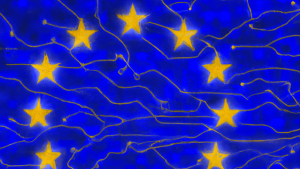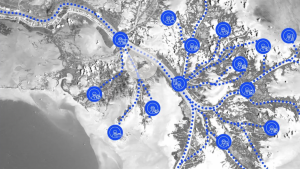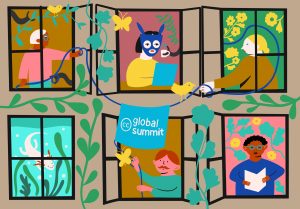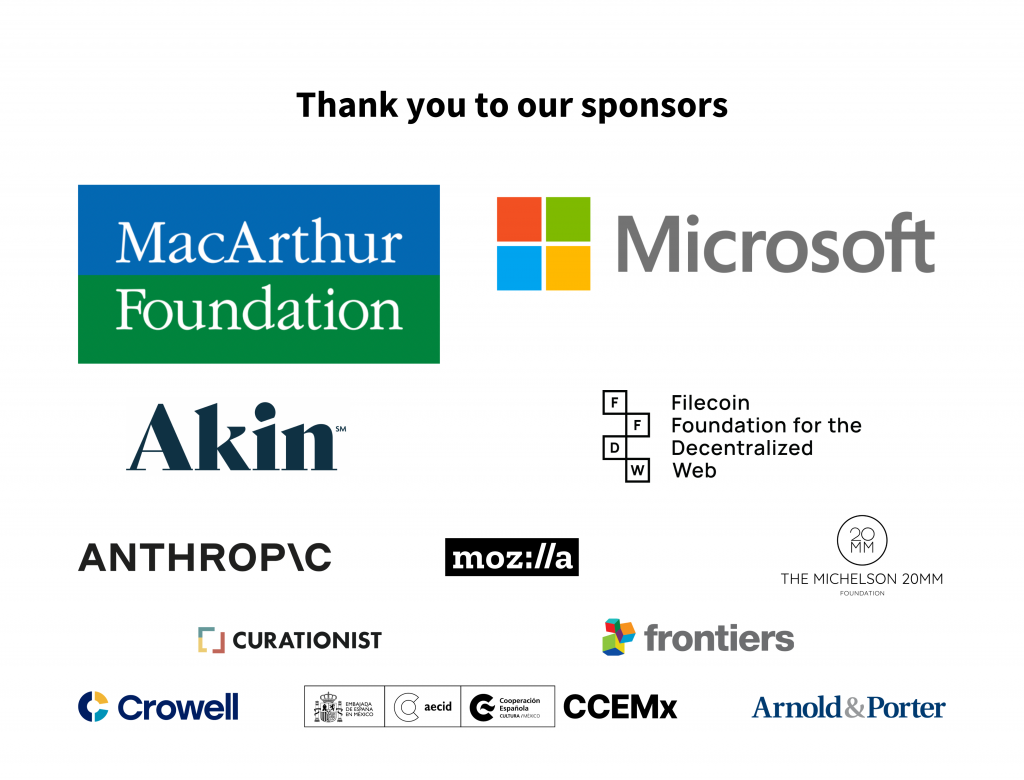Sorry: This video does not exist. CC’s Open VIdeo Blocked by Automatic Copyright Robots
vendredi 27 octobre 2023 à 01:57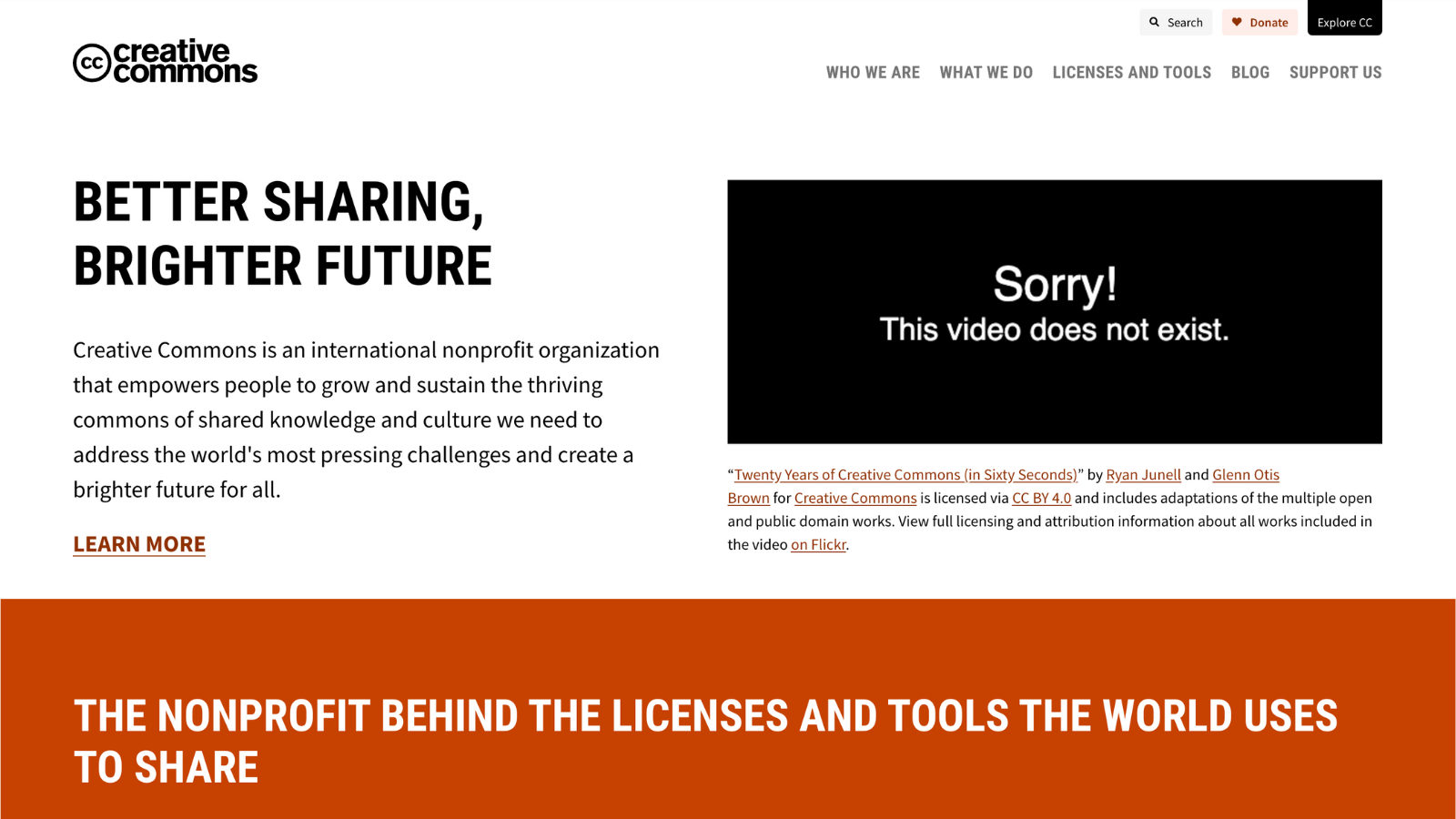
Visitors to the CC home webpage recently were welcomed by a big black box and the message “Sorry: This video does not exist.” In the spot where CC was showcasing a custom video made last year for CC’s 20th anniversary, there was now a stark error message, making it look like the CC website was broken.
After some investigation, CC learned that the copy of the video we had hosted on the Vimeo platform had been tagged with an automated copyright violation takedown notice. Anyone who has had this experience knows that typically a service will stop delivering content that automated processes have identified as violating copyright, and then it’s up to you as the account holder to prove you have rights to share the work, or modify it so it no longer triggers automated filters. Meanwhile, your content is missing and your website may look broken.
Almost a week later, Vimeo approved CC’s detailed appeal of the takedown and the video was back on our home webpage. It’s not always easy to figure out how to file an appeal for a takedown like this — in fact Vimeo’s appeal button led to a dead link, so it actually took us at CC extra time to even figure out how to file an appeal with Vimeo.
Robot justice may be blind, but there was plenty of irony in this takedown notice, delivered to an organization like CC that knows a bit about people’s freedom to share. Irony on top of irony: the specific content flagged for copyright infringement was a sample of a musical track from The Wired CD, perhaps the most famous collection of openly licensed music ever published.
Fortunately, CC had taken great care in the production of the video, carefully tracking attributions for every sound and image. In another dose of irony, there is no good way to display the rather lengthy attributions for this video on Vimeo, and so one must look to a different host — like Flickr — for the video to display the full attribution statement.
The internet may not have missed this specific version of a short video for a few days, but this small example demonstrates the stakes of automated systems that put the interests of big copyright ahead of everyone else’s. Even with the black and white “Sorry,” the message that “this video does not exist” betrays a vision of a world where copyright reigns supreme with little to no space left for uses based on fundamental freedoms, like the freedom of expression. Because the video does indeed still exist, not only on Vimeo, where it was merely locked in private mode, awaiting appeal, but also anywhere else it might live, like on Flickr, the Internet Archive, Wikimedia Commons, YouTube (which also has the video in private mode, pending CC’s appeal), or — if you have the resources — on your own internet hosting infrastructure.
CC was embedding the version of this video hosted on Vimeo on our home webpage because Vimeo embedding has some technical advantages, but one lesson here is never to put all your web hosting eggs in a single basket — if you have the time and resources to share open content in multiple places, your content is less likely to “not exist” due to the whims of any one host.
Another lesson is that good attribution practices are not only important to meet the requirements of open licensing — giving credit to upstream creators and guidance to downstream users — but also as a record of the multiple layers of rights and permissions within your work, ready for you to use when you get that unexpected copyright takedown notice or legal challenge. Because CC had taken such care with the attributions for this video, we were well-equipped to file a successful appeal with Vimeo.
Why wait for your next takedown notice? Brush up your skills in making good attributions via CC’s online guidance or go deeper with our CC Certificate program >
The post Sorry: This video does not exist. CC’s Open VIdeo Blocked by Automatic Copyright Robots appeared first on Creative Commons.
